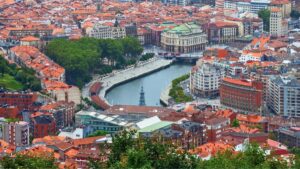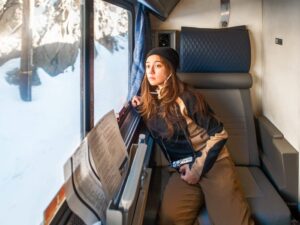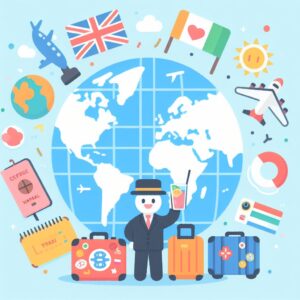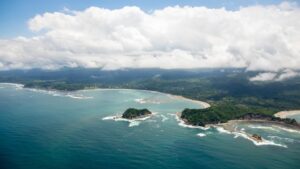Digital nomad’s life: How Kumu founder Angelo Mendez runs his company from the beach
6 min readStreaming app Kumu co-founder and chief of content Angelo Mendez sets his Zoom meetings for only 45 minutes. The last 15 minutes of the hour, he spends looking out the window where the waters of Boracay sparkle in all hues of blue under the sun.
Living on the island—even when you’re working 10 to 12 hours a day—does have its perks.
Angelo is living the dream of being a digital nomad, which everyone has at one point fantasized about and verbalized to friends over drinks. To retire, to work, to live—whatever the verb—at the beach, and not just for a short vacation.
Sometimes he wakes up early and walks down from his rented place on a hill to buy artisanal bread from a bakery by a chef from one of the resort hotels; some days he takes a lunchtime break and gets on a boat to snorkel in one of the smaller islands surrounding the main beach.
Some nights he has drinks on White Beach, but more often he and his girlfriend Nadine Reyes (who also works remotely) hang out with the locals and people who have made Boracay their home while the pandemic allows them to work from anywhere.
His work attire since he moved here in December has been shorts, sando and tsinelas. It’s not actually such a far cry from his pre-pandemic office uniform of jeans, black T-shirt and sneakers when Kumu had their office and studio at the ABS-CBN building in Quezon City.
But, still, when you have your snorkeling goggles in your bag on a workday—and a 75 percent chance that you will use them—that’s one hell of a freedom.
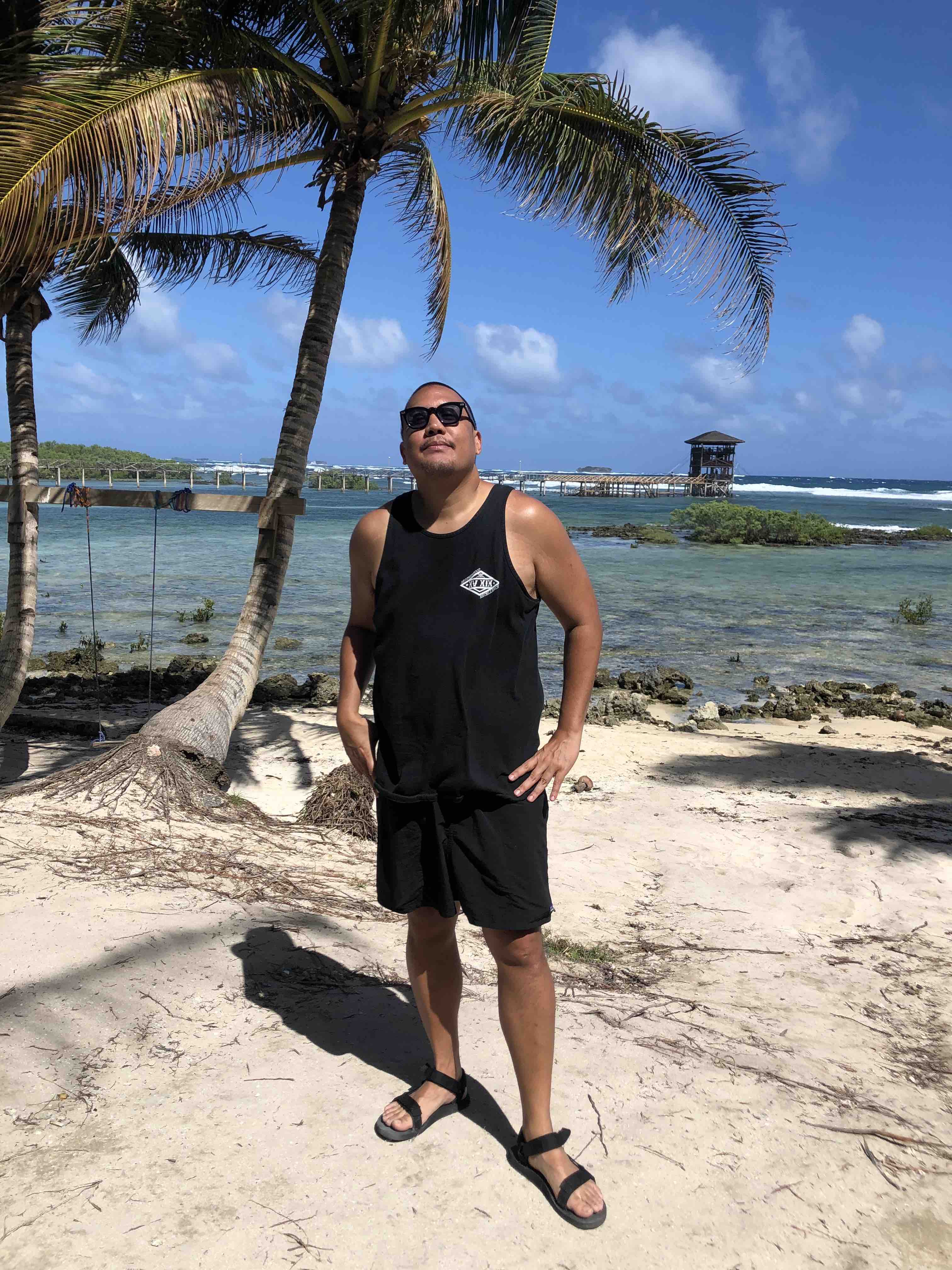
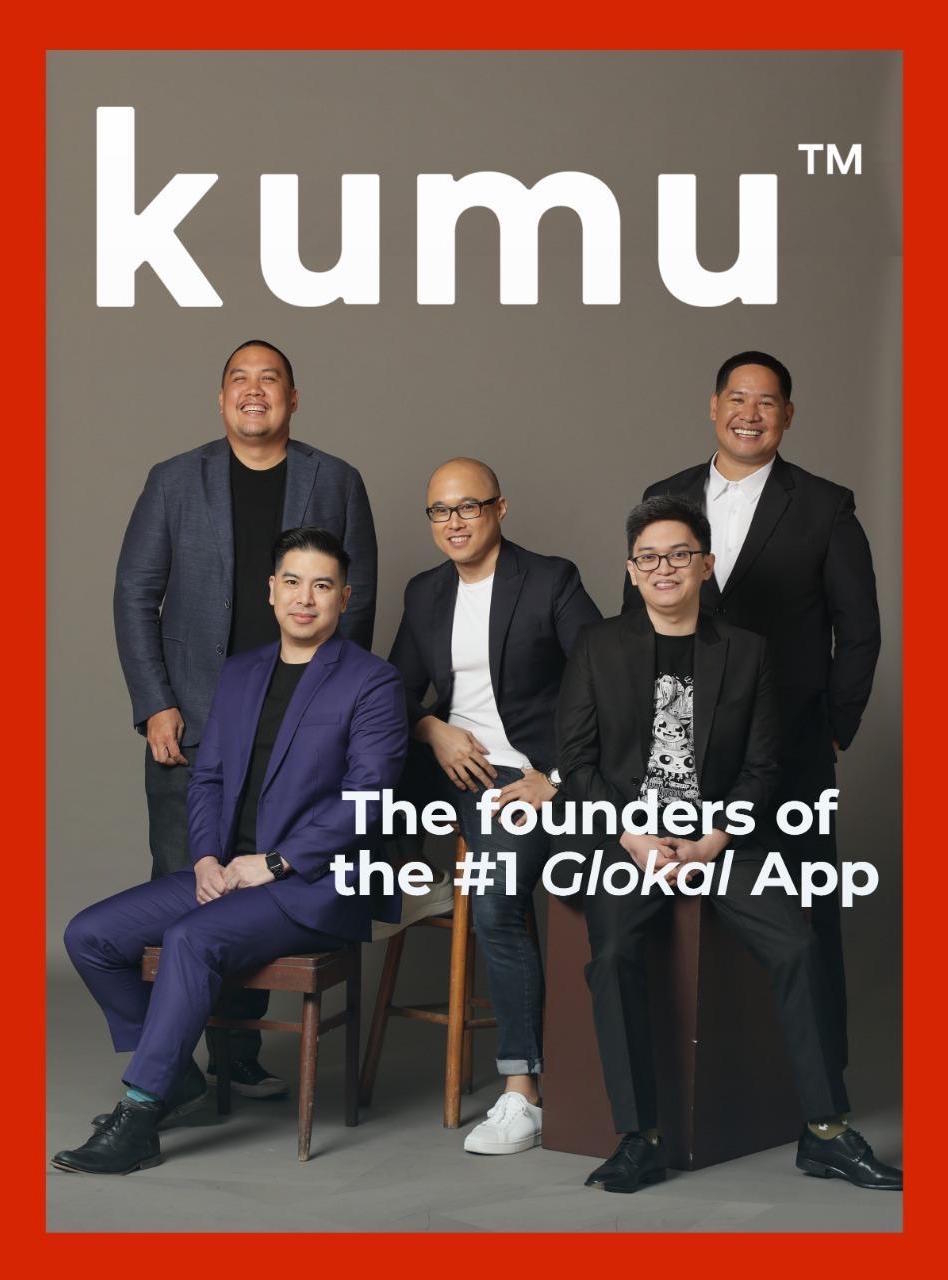
“It was always my dream to live at the beach before I turned 40. And I turned 40 in February. I was just, like, I gotta do it now. My company has been working remotely for 10 months. I said, whether I do this from my condo in Makati or somewhere in Boracay, it’s the same. First we (he and his girlfriend) rented a place for a month. We tried it and I was still very productive at work and had great communication with my team, so I said, okay, I’m taking the plunge.”
In Manila, he said, waking up every day, “you try to figure out how to get to work. My whole life was being stuck in traffic because I lived in Makati and my office was in ABS-CBN. I learned how to get there all kinds of ways—on buses, cars, angkas, MRT. I’ve even walked to the office. In the early days, we were bootstrapped for cash and we were putting up Kumu out of our pockets on a shoestring.”
Eight million subscribers on Kumu
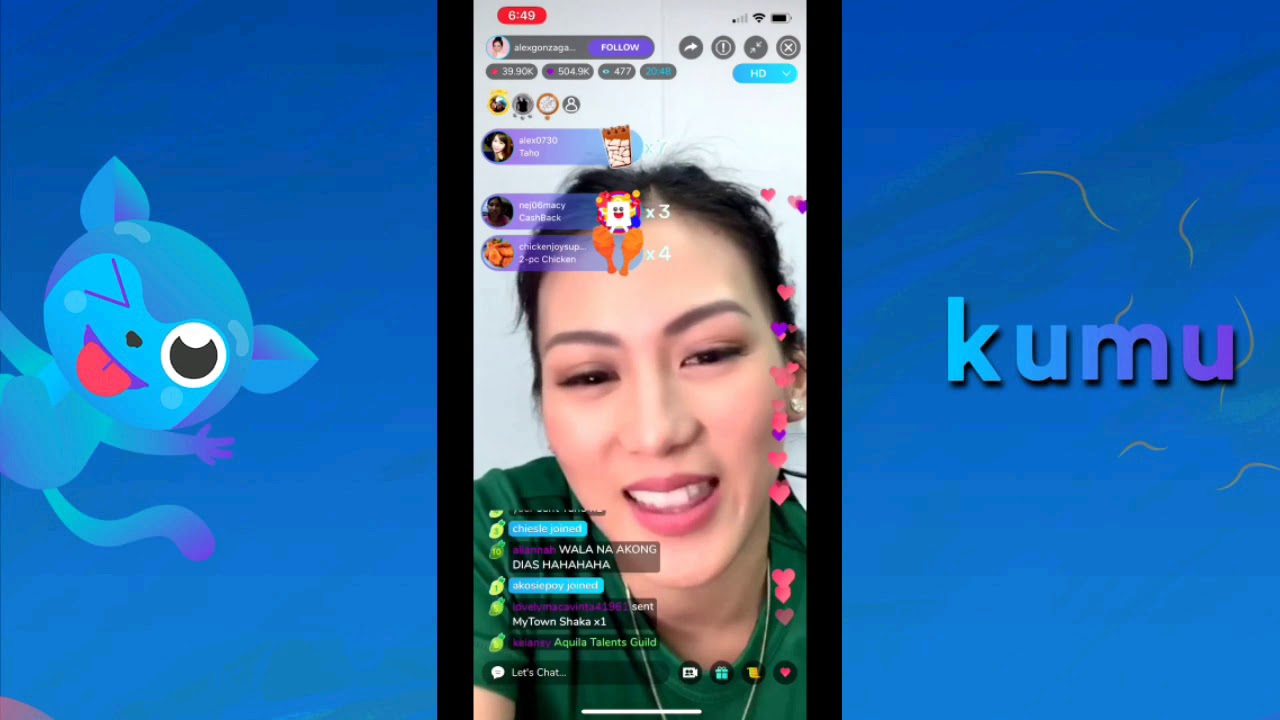
Kumu, short for “kumusta,” is a Filipino community live streaming platform where people can win cash prizes by playing live games, and make money by participating in various promotions, and amassing a huge following, which can give you virtual gifts that you can convert to cash. “Or you can just hang out, explore the many live streams the Kumunity has to offer, meet and chat with fellow Filipinos.”
Angelo and his team developed and launched Kumu in 2018 from his Makati condo—the same one he ditched for a spot on a hill in Boracay—and today, the app has eight million subscribers.
All Kumu streams are live, the videos of which are sent to the streamers who can then post them on their vlogs or YouTube channels.
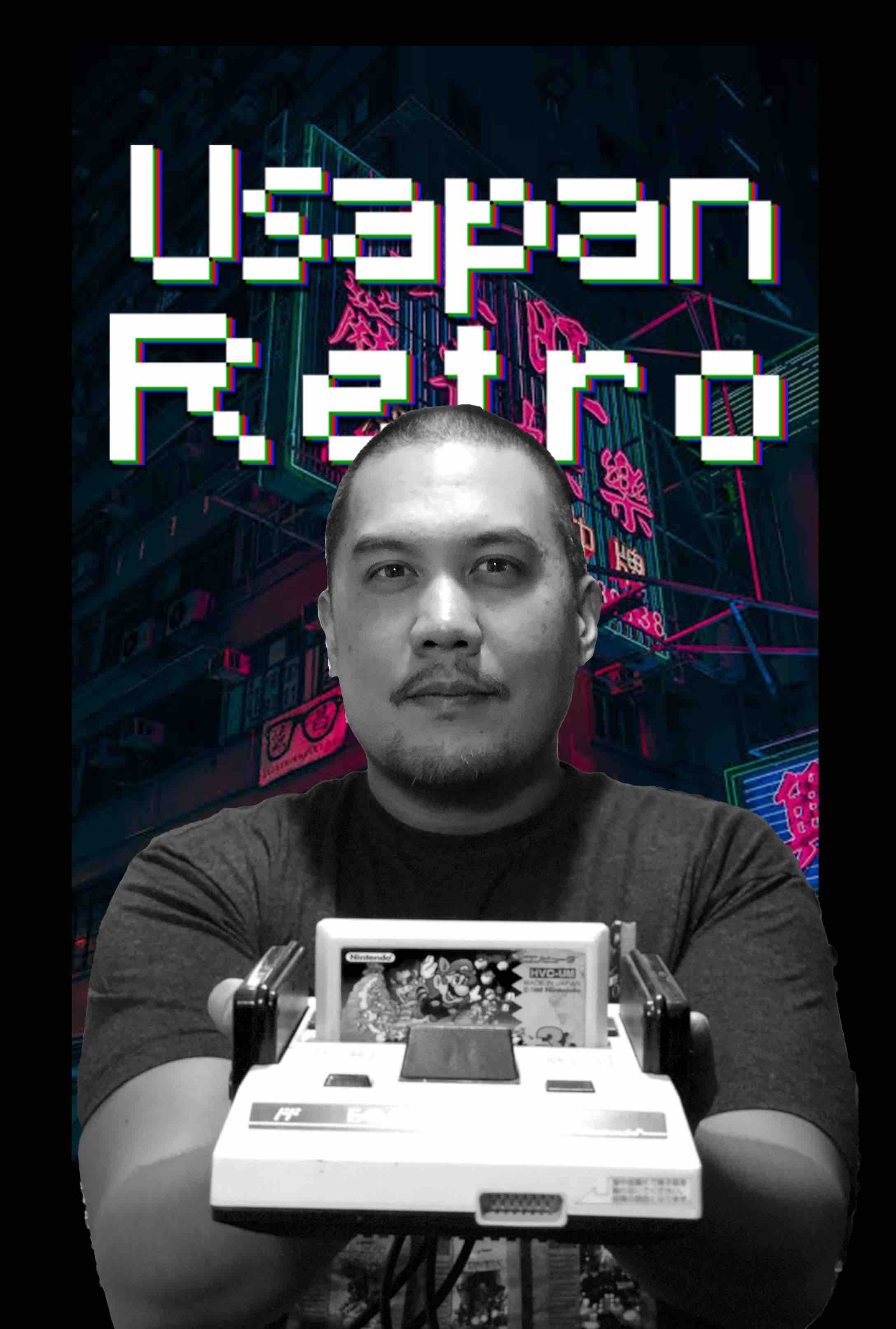
Pinoy Big Brother (PBB), for instance, is on Kumu. And for the first time, Angelo says, viewers have control which room in the PBB house to watch 24/7.
It’s a voyeuristic exercise that YouTube has normalized. I mean, how else would you explain the millions of views that people wrapping gifts or unboxing deliveries get?
About 40,000 live streams are launched every day. Imagine that—40,000 live conversations, “Hi, po’s” and heart emojis popping onscreen as you stream about….well, everything and nothing.
Outside the structured channels and professionally produced shows, there are thousands more doing self-promotion, engaging with fans, putting out educational stuff or pure nonsense—streams that can be watched daily by a potential eight million Pinoy viewers and more, most of them Gen Zs.
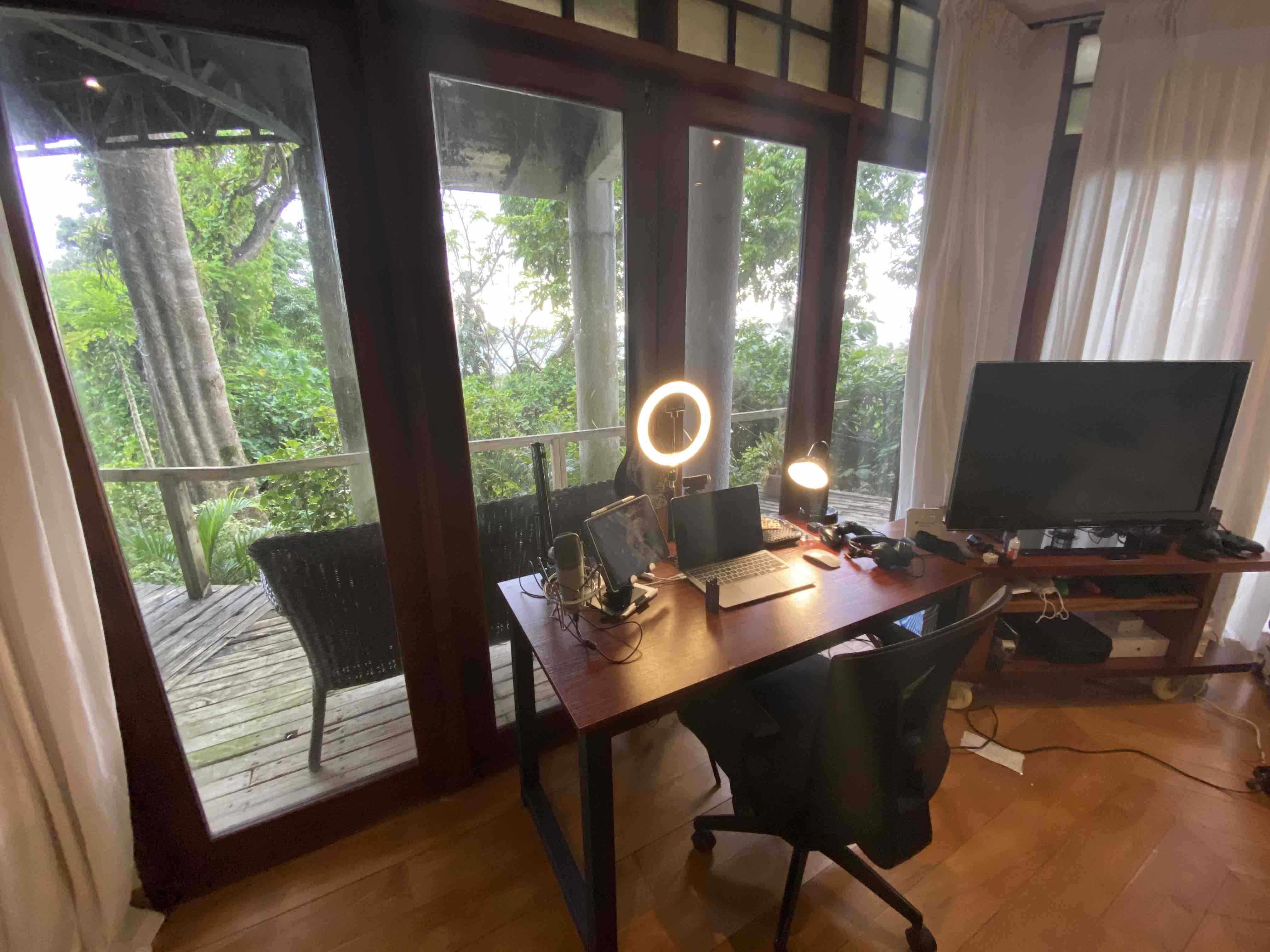
“Among the most popular channels is called FYE, which is the ABS CBN channel For Your Entertainment. It’s more like for GenZ, Edward Barber of PBB has a show there.”
It can be used for good too. In 2019, Alex Gonzaga raised P100,000 by donating virtual gifts given to her for the benefit of Mindanao earthquake victims.
Angelo himself is a live streamer. His show is called “Usapan Retro,” where he talks about old video games. “There’s a lot of Boomers that like to talk about these things,” he says.
When we point out that he’s Gen-X, he laughs, “To Gen Zs, anybody over 35 is a Boomer now. I’ve accepted my role as a Boomer!”
Angelo admits proudly that he’s a nerd. “I have one of the largest private collections of vintage video games in the Philippines. And I have a circle of collectors. I’m very passionate about very old video games and that’s what I like to live stream, and people ask me questions, especially Gen Zs. They’re like, ‘I’ve never seen this before,’ ‘What is that?’ I always pull up old consoles (like Atari) and then talk about it.”
But back to the beach
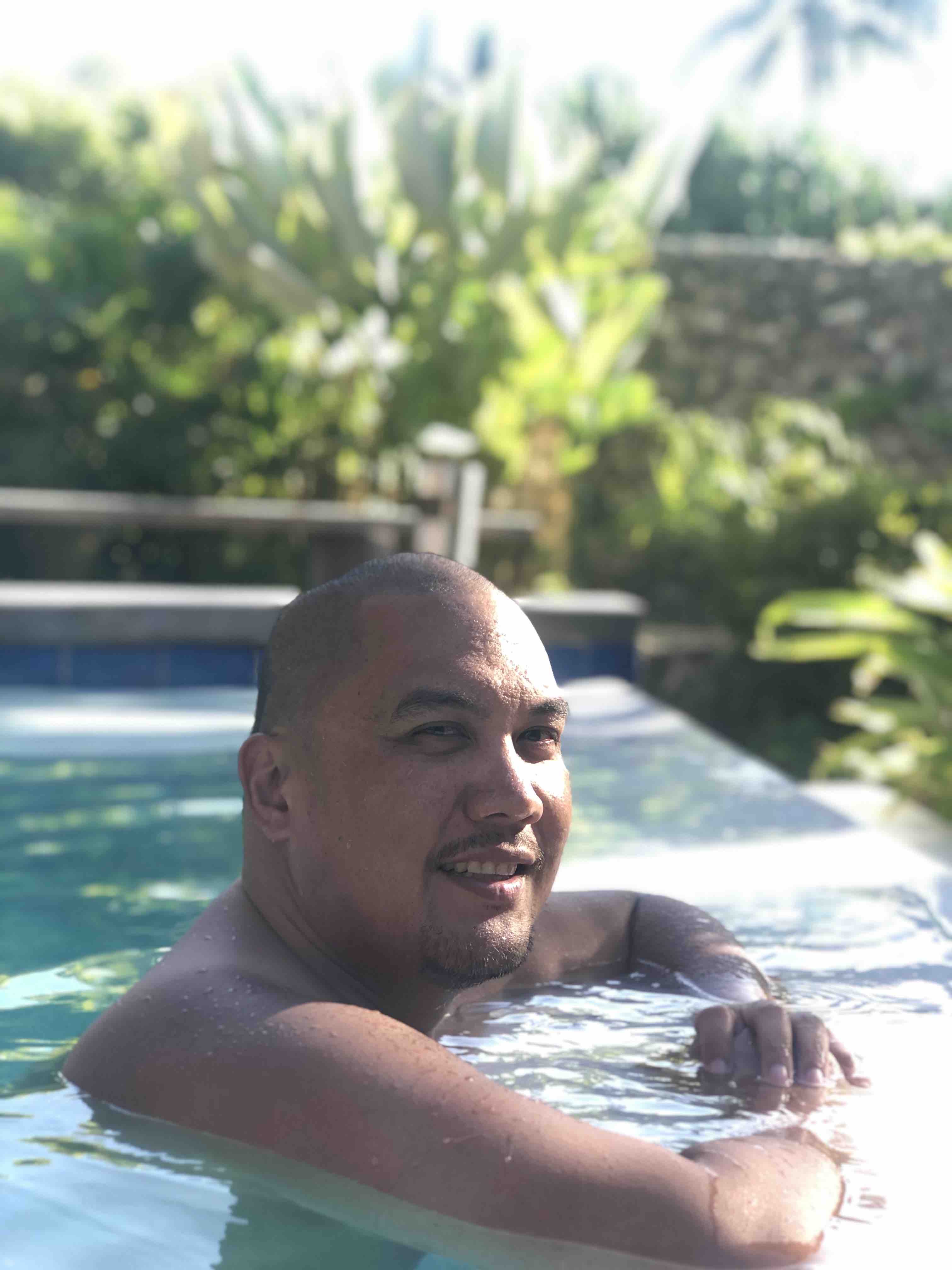
Angelo picked up snorkeling just recently. During the first shutdown of Boracay in 2018, he says, they made bio domes underwater to attract marine life.
“I’ve been hearing about them and I want to check them out,” he says. “That’s what I’m saying—here I have a better work-life balance. When I was working from home, I was pulling in longer hours, because you think you can take one more meeting and then you’re doing 12 meetings in one day.
“Now I’m very, very choosy which meetings I take. But the best part is that I listen more to my team and let them do their own thing. They do the heavy lifting and I get to focus on solving the big problems.”
Raised in California, Angelo moved back to Asia in the early 2000s, when he was working for a start-up based in San Francisco, which sent him to Singapore.
“We got sold to MySpace and I decided to stay in Philippines. What I did was I invested in basically real estate—nightclubs and hotels.”
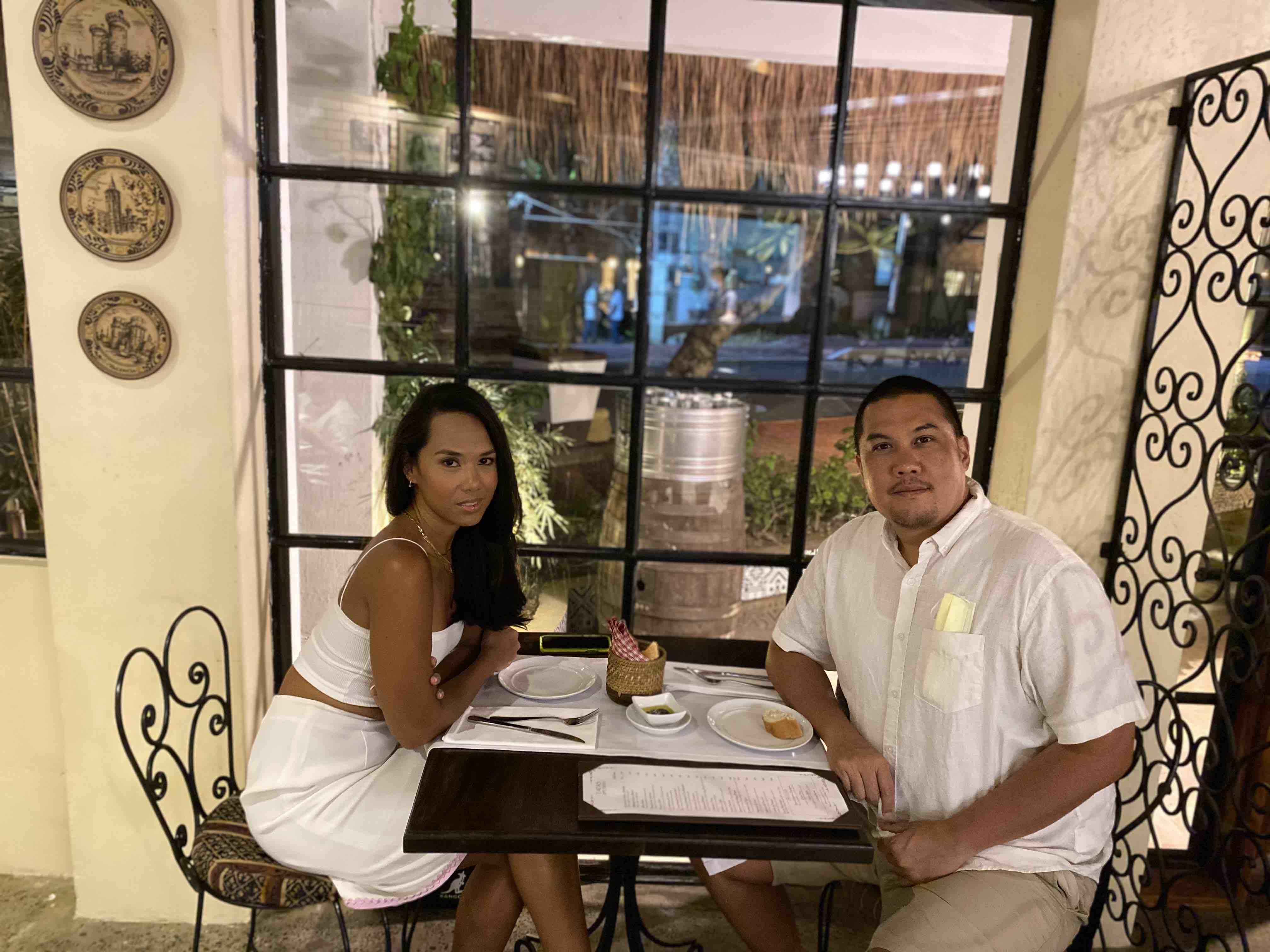
Angelo still flies to Manila once a month to be with his team. “One of the biggest pluses of living out here is getting the right balance. I had to fly my management team to Boracay recently for a break because I could tell how tightly everyone was getting wound up. There’s a lot of stress being just at home, and you really need something else.”
Living at the beach and being able to stare at the ocean, he says, makes the nine to 10-hour workdays more bearable. Plus, he’s become part of the local community. He eats where they eat, he drinks where they do.
He’s discovered a restaurant called Sizzling 99 (everything is priced P99), which was set up by chefs from different hotels when the island was locked down.
Angelo says he’s healthier here, mentally and physically. “Most of us are doing our jobs remotely anyway—so having this, being able to stare at the ocean in a beautiful place, it’s very calming.”
Beach banner photo by Tanya Lara
Discover more from Slow Travel News
Subscribe to get the latest posts sent to your email.
